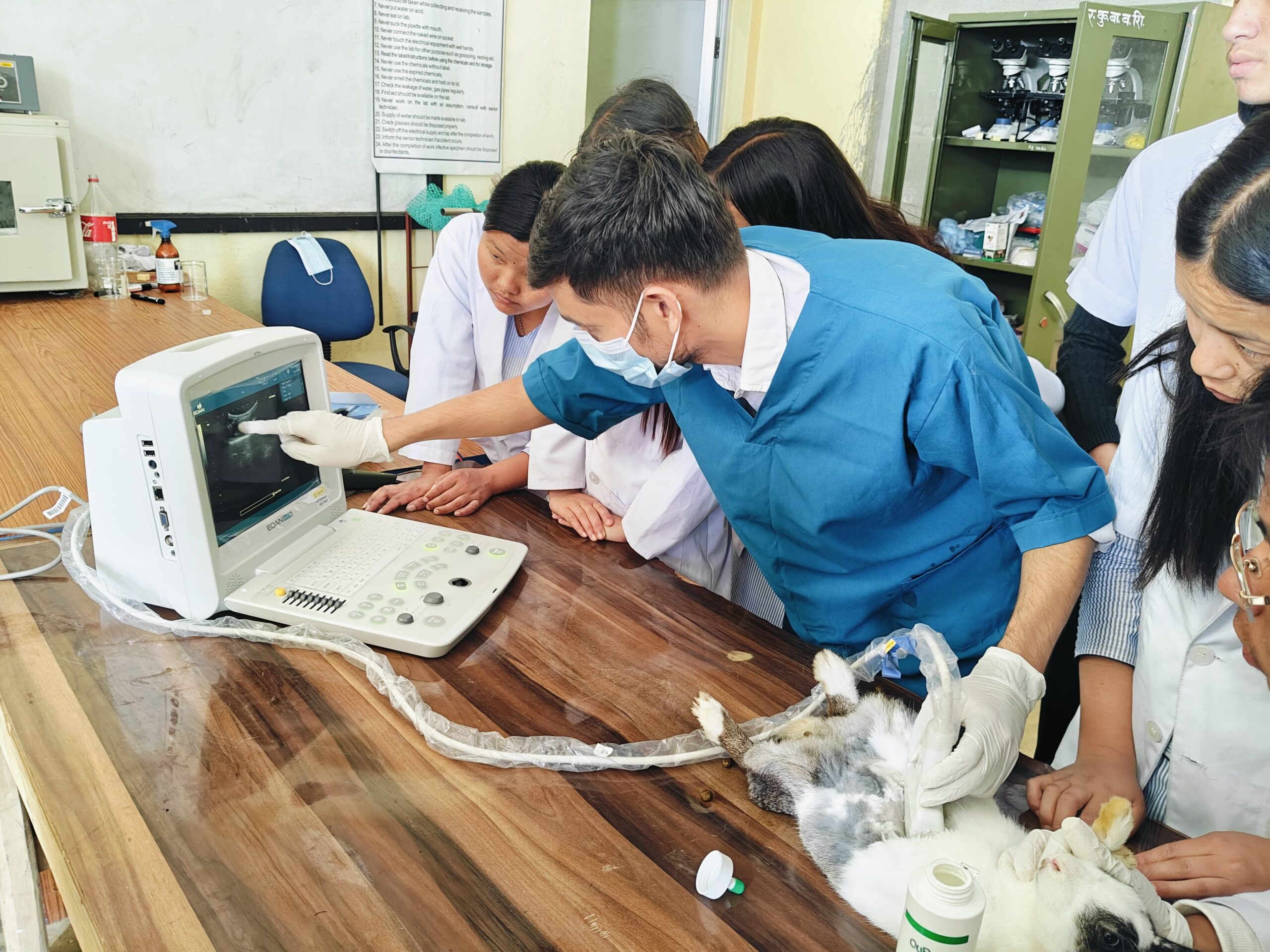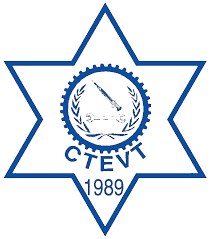
About Course
Course overview: This course is based on the job required to perform by the Junior Technicians (JT) at different levels of public and private sectors of Agriculture and community development related works in Nepal. Therefore, this curriculum is designed to provide knowledge and skills focusing on Agriculture Animal Science related to the occupation. There are six semesters in total within the period of three years. The first year courses are offered focusing on foundational and core academic subjects of Agriculture Science; the second year courses are focused on basic disciplinary subjects of Agriculture Animal Science. Similarly, the third year whole courses comprise of the disciplinary subjects related to Agriculture Extension, Animal Product, Animal Waste management Poultry and so on. Moreover, the third year insists on the application of learned skills and knowledge through the project work and Internship Program. . The curriculum structure and the subject wise content that reflect the details of this curriculum. In brief, this curriculum will guide to its implementers to produce competent and highly employable middle level technical workforces in the field of Agriculture.
The contents of each subject prescribed in the curriculum are founded on “must know and must do” principle. The contents of the curriculum are comprehensively described in micro level.
Course Objectives:
- Diagnose symptoms of different animal diseases and health conditions of livestock species and pets;
- Provide preventive and curatives services to domesticated animal of farmers and different scales of animal production system;
- Delver animal management, first aid and referral services;
- Deliver extension and community development services as a front-line extension worker;
- Conduct farmers training as a local level resource person for improving animal health, animal feeds, management and caring system;
- Carryout agribusiness management and cooperatives services at rural and urban areas in public and private sectors;
- Promote livestock commodities such as milk, eggs, fur, leather and wool production;
- Communicate effectively and work collaboratively in multidisciplinary and multicultural work environments through recognizing and understanding global, environmental, social, and ethical contexts of their works; and
- Enable to prepare business plan for establishing small scale production and service related agro-enterprise firms.
Entre Criteria:
- Entry qualification of the applicant for diploma in civil engineering programme should be SLC pass or equivalent or Technical SLC (TSLC) in related subject.
- S/he should have English, Science, and Compulsory Mathematics in SLC or as per provisions mentioned on CTEVT admission guidelines.
- Should submit SLC or equivalent certificate
- Should pass entrance examination as administered by CTEVT
Course Fee: 70,000 (Total Sixth Semesters)
Quota:
- Classified Scholarship Quota- 3
- Council Employee Quota-1
- Merit Scholarship Quota-1
- Full paying TSLC Quota-4
- Full paying Target Group Quota-4
- Koshi Province Concession Quota-4
- Full paying Open Quota-23
Total=40
Duration:
3 Academic Years (Six Semesters)
Syllabus:
